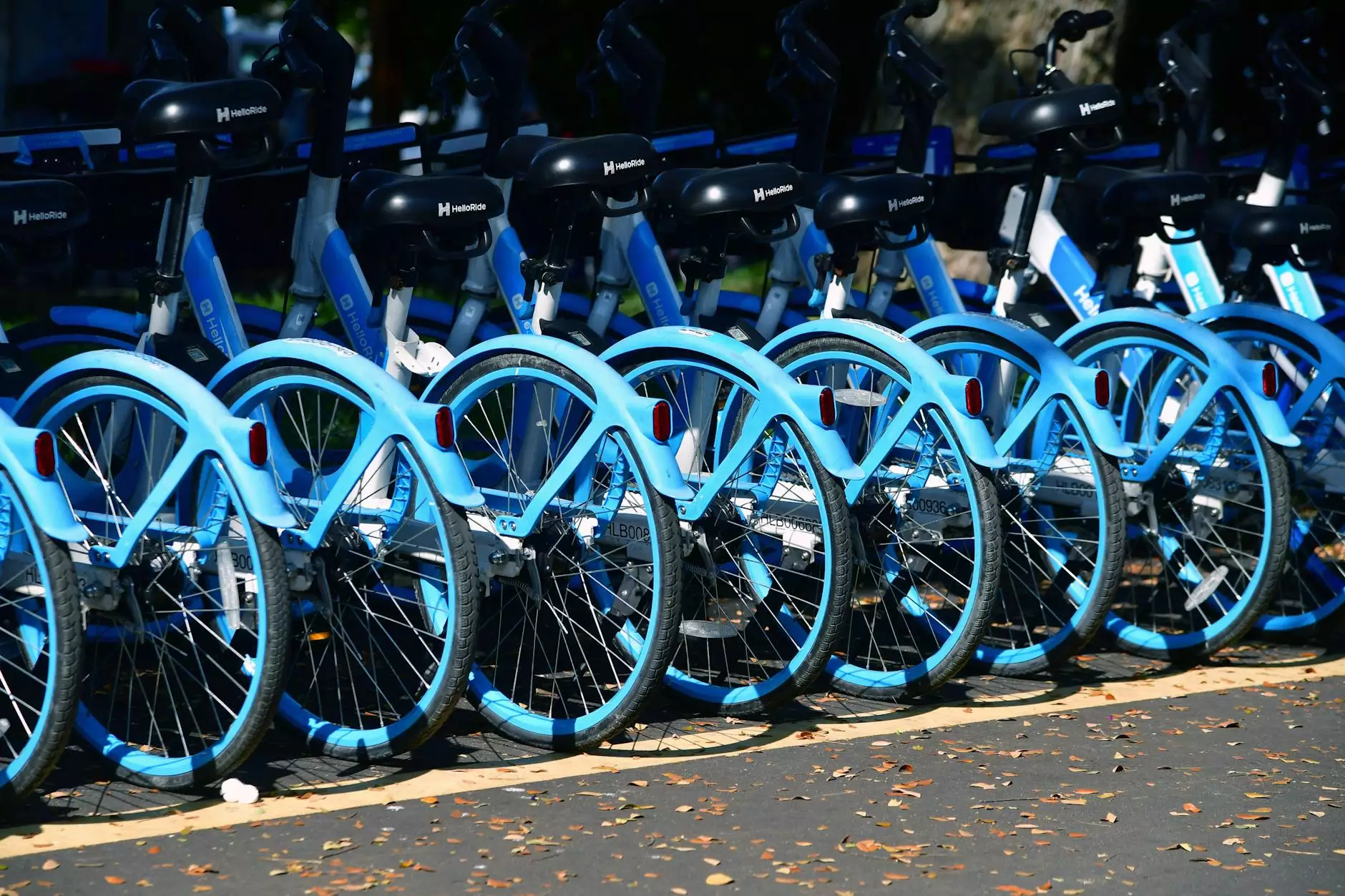Understanding Mario Lopez's Sadness: Insights into His Career and Impact

Mario Lopez is a name synonymous with versatility in the entertainment industry. From his early days as a teen heartthrob on "Saved by the Bell" to becoming a successful television host, his journey has been nothing short of remarkable. Yet, beneath the bright lights and charming smile, lurks a complex emotional landscape that often goes unnoticed. In this article, we will delve deeply into the theme of “mario lopez sadness”, exploring its roots, implications, and significance within the broader context of the music industry, particularly in relation to musicians and music venues.
The Early Years: A Star is Born
Mario Lopez was born on October 10, 1973, in San Diego, California. Growing up in a Mexican American household, he was instilled with a strong sense of cultural pride and work ethic. He began his career in entertainment at a young age, initially appearing in various television commercials and local productions. His break came when he was cast as AC Slater on "Saved by the Bell," a role that catapulted him to fame.
The Demand of Fame: The Underlying Struggles
While Mario’s rise to fame might seem glamorous, it also came with its own set of challenges. The pressures of being in the public eye can create an overwhelming sense of stress and expectation. The entertainment industry is notorious for its demanding nature, often leading to moments of self-doubt and anxiety. These feelings can manifest in various ways, contributing to what many might describe as sadness.
The Cost of Celebrity
Mario once mentioned in an interview the trivialization of personal struggles in the face of public adoration. This brings to light a significant point: the disparity between public perception and private reality. The expectation to maintain an image can be burdensome. This external pressure often leads to a feeling of isolation, a theme that resonates with many public figures.
Connections to Musicians
Just as Mario Lopez experiences his share of challenges, so do many musicians. The lifestyle of a musician often involves touring, performing, and constantly being in the spotlight, which can lead to mental and emotional distress. In fact, many artists have vocalized their struggles with depression, anxiety, and sadness, emphasizing the emotional toll of their careers.
The Importance of Emotional Awareness
Understanding emotional awareness is crucial not only for celebrities like Mario but also for anyone in high-pressure professions, especially within the music industry. Music venues often serve as hotspots for expression, where artists pour their emotions into performances. However, these venues can also trigger feelings of inadequacy or sadness when artists compare their successes to others.
Creating Safe Spaces
Addressing emotional health in music venues can create a more supportive environment for performers. This includes:
- Providing mental health resources for musicians.
- Encouraging open discussions about mental health challenges.
- Developing community support networks among artists.
The Role of Music in Healing
For many, music serves as a powerful tool for healing and processing emotions. Mario Lopez himself has expressed the importance of music, highlighting its ability to uplift spirits and evoke emotions. For musicians, writing songs often becomes a cathartic experience, turning their sadness into art. This transformation can not only help artists cope with personal feelings but can also resonate deeply with their audience.
Inspirational Stories from Musicians
Countless musicians have shared their experiences of turning sadness into creativity. For instance:
- Taylor Swift frames her heartbreak into relatable lyrics, connecting to her audience on a personal level.
- Kurt Cobain's music poignantly expressed his battles with sadness and addiction, leaving a profound impact on fans worldwide.
- Beyoncé uses her platform to foster discussions about mental well-being, encouraging others to share their struggles.
Mario Lopez: A Beacon of Hope
Mario Lopez has evolved beyond his television persona, becoming an advocate for mental health awareness. By sharing his own experiences with sadness and emotional wellness, he encourages others to embrace their vulnerabilities. He emphasizes that seeking help is not a sign of weakness; it’s a sign of strength. This advocacy can inspire countless individuals who might be facing their struggles, reinforcing the message that they are not alone.
The Impact on Local Music Scenes
Mario's influence extends beyond his personal narrative; it has implications for local music scenes as well. Music venues, being cultural hubs, play a significant role in shaping community dialogues. By incorporating mental health initiatives, these venues can become spaces where artists and fans alike feel supported.
Conclusion: Embracing Vulnerability and Strength
The theme of “mario lopez sadness” is not just a narrative of unfortunate events; it’s a powerful reminder that even those who seem to have it all can face emotional challenges. By fostering a deeper understanding of mental health in the entertainment world, particularly among musicians and within music venues, we can pave the way for a more compassionate industry.
As we continue to navigate our lives, let us remember the importance of community support, open dialogues, and the profound impact of music on our emotional well-being. This is a collective journey, one where shared experiences can lead to healing and greater empathy.









